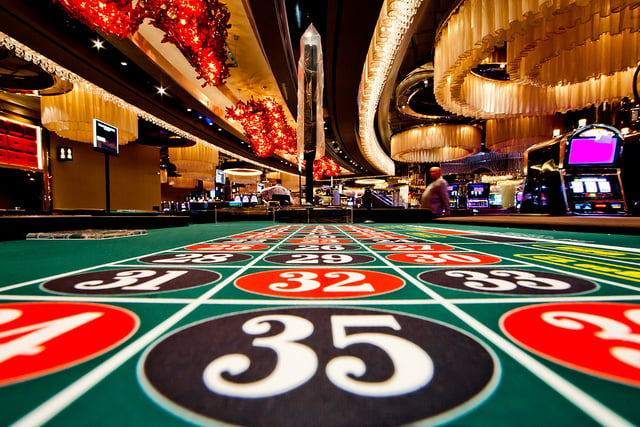
Casino offerings have been a source entertainment and thrill for countless players around the globe. One of the key components that make these games engaging is the diversity of playing cards used in various types of games. Grasping the various kinds of cards can enhance your gaming experience and refine your gameplay strategies. Whether you are drawn to classic card games like poker and 21 or newer casino offerings, each game depends on a distinct set of cards that influences the regulations and the flow of play.
In casino environments, cards appear in various forms, each designed to fit the requirements of particular games. From standard decks to custom card variations, the diversity plays key role in shaping the mechanics of each game. By familiarizing yourself with these cards and their applications, you can achieve deeper insights into the games and make more informed decisions at the table. This understanding not just enhances your gaming experience but also adds to a higher-level approach to your odds of success.
Types of Playing Cards
When it comes to casino games, the type of playing cards used can significantly impact the flow of the game and tactics. The most frequent deck is the traditional 52-card deck, which consists of four suits: hearts, diamonds. Each suit contains 13 ranks, from Ace to King. This traditional deck is essential in many games, such as poker, where players aim to create the best hand possible or approach 21 as they can.
Some casino games use special decks specifically designed for those games. For instance, the popular game of baccarat often uses multiple decks combined, typically six or eight. This not only increases the complexity of the game but also affects wagering strategies, as participants must account for the increased number of cards in play. Additionally, certain games may bring in joker cards or wildcards, providing further diversity and excitement to the gaming experience.
In niche games, custom decks may come into play. For instance, in games like Bridge or pinochle, players might use specific rules with varied card values or functions. These changes keep the gameplay fresh and allow for diverse strategies to appear. Understanding the different types of playing cards and their particular uses in different casino games is key to improving one’s gaming experience and boosting overall results at the tables.
Deck Variations in Gambling Games
In casino games, the kind of set of cards used can significantly affect both the play and the strategies employed by participants. Most traditional card games, such as blackjack and poker, typically use a standard 52-card pack. However, modifications do exist where extra wild cards or even several packs are used. For example, in 21, some casinos may employ one to eight decks, which can change the probabilities and the fundamental tactics needed to play optimally. Participants must be cognizant of the deck composition, as it influences the casino advantage.
Another frequent variation in casino card games is the use of themed or custom decks. For instance, some five-card draw activities might use a set of cards that includes unique images or designs, which can enhance the environment at the gaming table. These specialized decks often function to distinguish between different play types or loyalty initiatives within the gaming establishment. While the traditional rules of the game remain the same, the visual appeal can influence participant involvement and enjoyment.
Finally, the mixing methods employed with various types of packs can also impact play. casino francais en ligne Casinos often utilize automatic shufflers that can randomly shuffle multiple packs efficiently, making card counting more challenging. The rate and manner of mixing can vary widely based on the activity and the casino’s policies. Understanding these card modifications is important for any player seeking to enhance their game strategy and overall enjoyment in casino games.
Significance of Playing Card Worth
In gaming games, the significance of individual card plays a key role in determining the result of multiple games. Distinct activities assign specific values to cards, influencing strategies and player choices. For example, in 21, cards numbered 2 through ten are valued at their face value, while court playing cards hold a worth of ten, and the ace can be valued alternatively one or eleven. Understanding these worths allows players to make knowledgeable decisions during gameplay, improving their chances of winning.
Similarly, in the game of poker, the importance of card values extends to hands and combination rankings. High-value cards can form more powerful hands, such as two of a kind, straight hands, or flushes, which are important for triumph in the game. Gamers must assess not only their personal cards but also likely combinations their rivals might hold. This strategic depth adds excitement and complexity, making card values a key factor in poker’s attraction.
Additionally, the psychological element of card values cannot be ignored. Players may use the knowledge of card worths to bluff or confuse their opponents. By grasping how a card’s value can impact the game’s dynamics, gamers can better manage risks and rewards, creating a exciting atmosphere in gaming activities. Whether competing for fun or for real money, knowledge of playing card values significantly shapes the overall playing encounter.